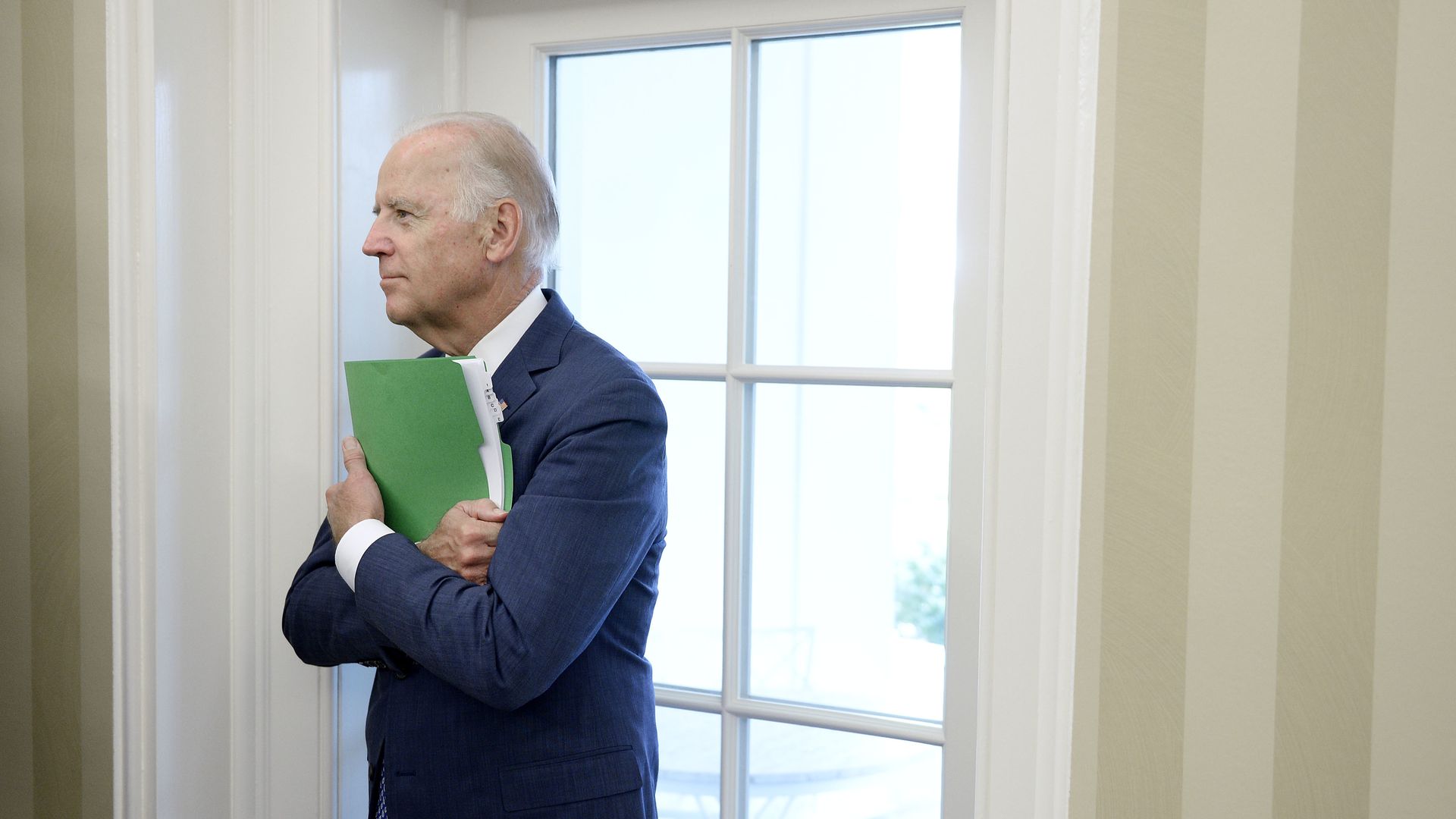
By Hans Nichols — axios.com — President Biden’s advisers are discussing a possible visit to Saudi Arabia this spring to help repair relations and convince the Kingdom to pump more oil, Axios has learned. Why it matters: A hat-in-hand trip would illustrate the gravity of the global energy crisis driven by Russia’s invasion of Ukraine. Biden has chastised Saudi Arabia, and the CIA believes its de facto leader, Crown Prince Mohammed bin Salman, was involved in the dismemberment of Washington Post columnist Jamal Khashoggi. The possibility also shows how Russia’s invasion is scrambling world’s alliances, forcing the U.S. to reorder its priorities — and potentially recalibrating its emphasis on human rights. Biden officials are in Venezuela this weekend to meet with the government of President Nicolás Maduro. Some Republicans and Democrats in Washington suggest Venezuela’s oil could replace Russia’s, according to the New York Times.
Any visit to the Persian Gulf would come amid a busy presidential travel schedule during the next few months. Biden will likely take trips to Japan, Spain, Germany and, potentially, Israel, Axios has also learned. What they’re saying: A White House spokesperson told Axios: “We don’t have any international travel to announce at this time, and a lot of this is premature speculation.” Zoom out: President Obama visited Saudi Arabia more often than any of his predecessors, a total of four trips, but relations frayed over the wars in Yemen and Syria, as well as differences about how to deal with Iran.
President Trump made restoring the relationship a priority, and boasted about arms sales to the Kingdom. He questioned the CIA’s conclusion bin Salman was involved in Khashoggi’s murder and defiantly refused to condemn him. “Maybe he did and maybe he didn’t!” Trump wrote on Twitter. During the 2020 campaign, Biden called the Kingdom a “pariah,” and early in his term, released an unclassified report assessing MBS approved the operation to “capture or kill” Khashoggi. Zoom in: Bin Salman isn’t making it easier on Biden to repair their relations.
He appeared to go out of his way to aggravate the White House during an interview with the Atlantic published last week. “We don’t have the right to lecture you in America,” he said. “The same goes the other way.” Between the lines: Sanctions against Russia’s oil exports — including a possible ban on importing Russian oil into the U.S. — would both elevate worldwide gas prices and stoke domestic inflation. Biden officials want to preserve options for the president, including the chance to make amends with the Saudis and persuade them to increase their oil production. Discussions about a potential visit are still in the early phases and officials cautioned a visit is far from finalized and may not happen. The big picture: Russia’s actions are also factoring into the president’s other planned travel.
The invasion has sparked an international refugee crisis and raised worldwide prices, so the president wants to ensure U.S. allies remain united. His in-person attendance at summit meetings also highlights how concern about COVID-19 has waned. Biden’s first trip this year is likely to Japan, potentially in May. He’s set to meet with the other leaders of the Quad: Japan, India and Australia. In June, he’s scheduled to attend a G7 meeting in Germany. That will be followed by a NATO summit in Spain. The European itinerary could also be expanded to include a stop in Israel, where Biden told Prime Minister Naftali Bennett he wanted to visit this spring.



